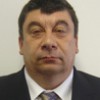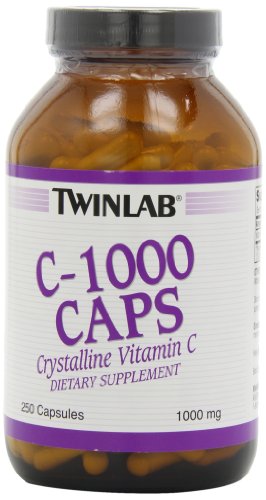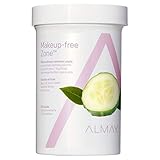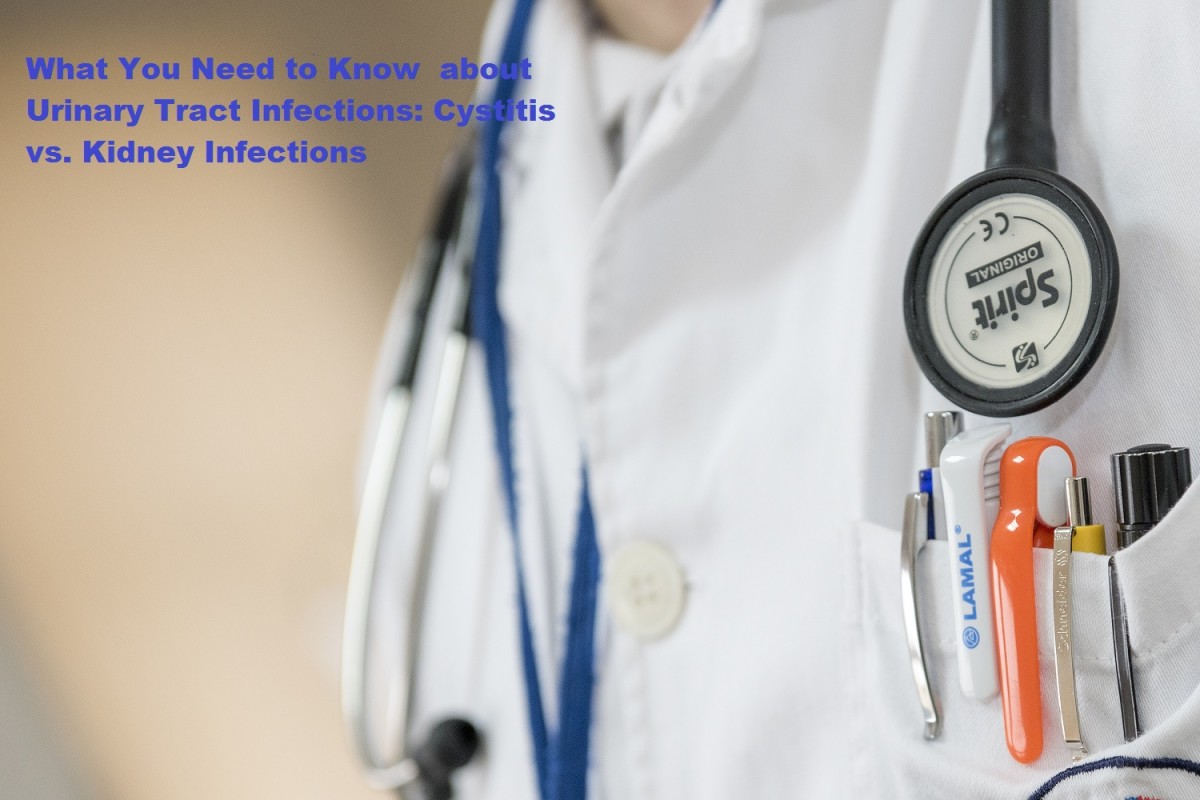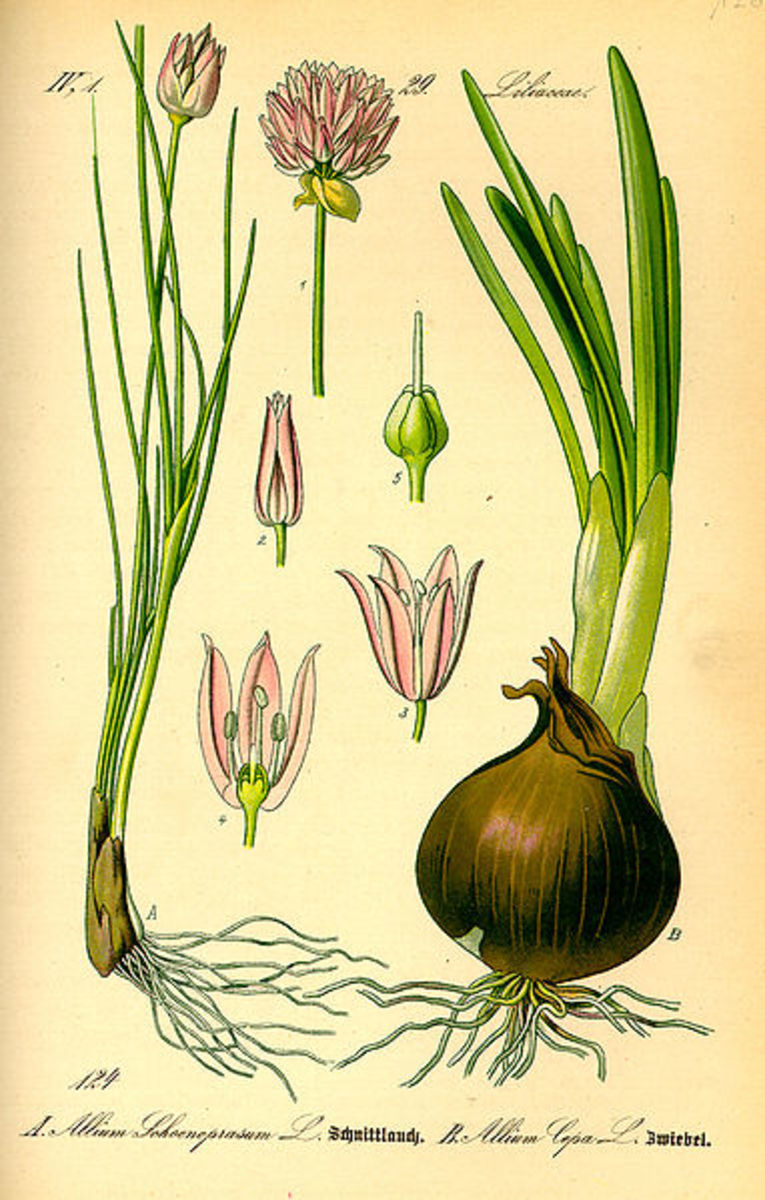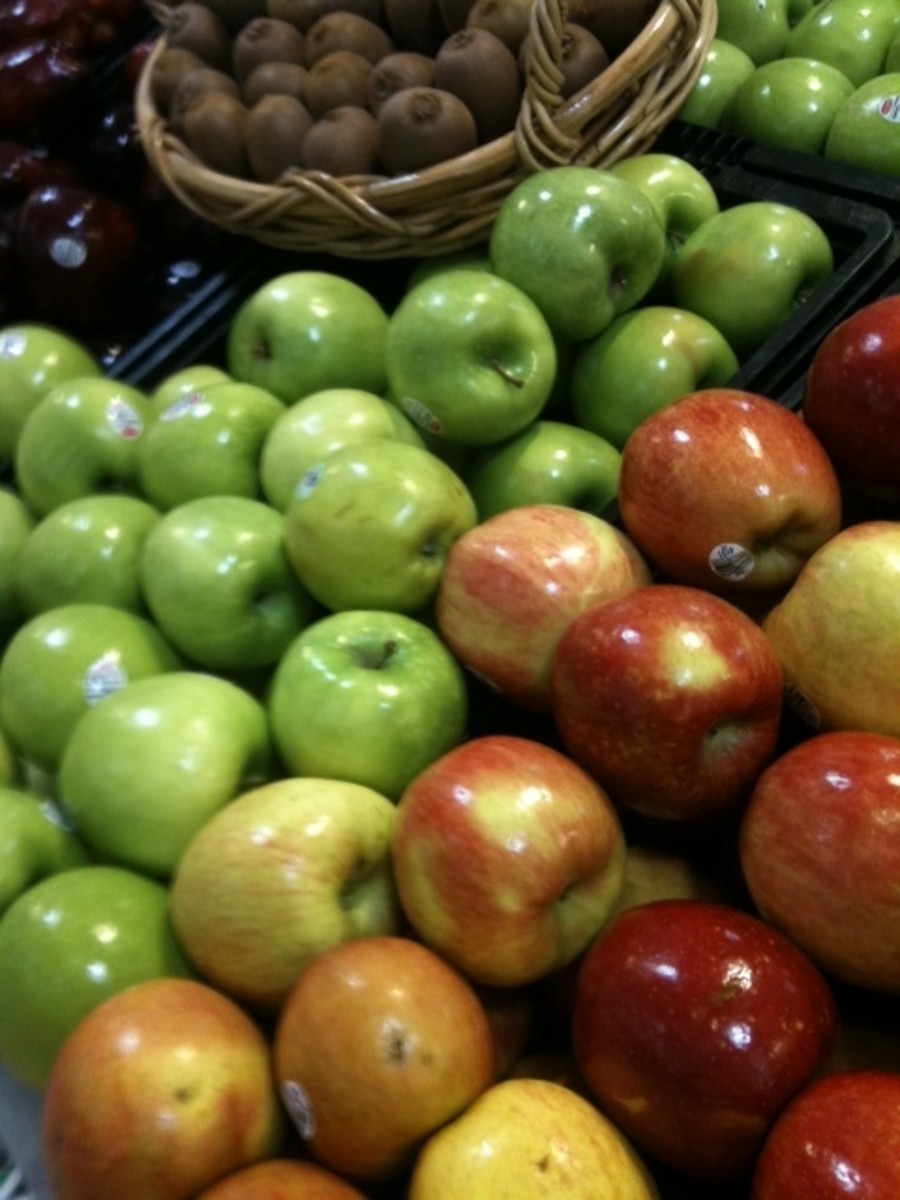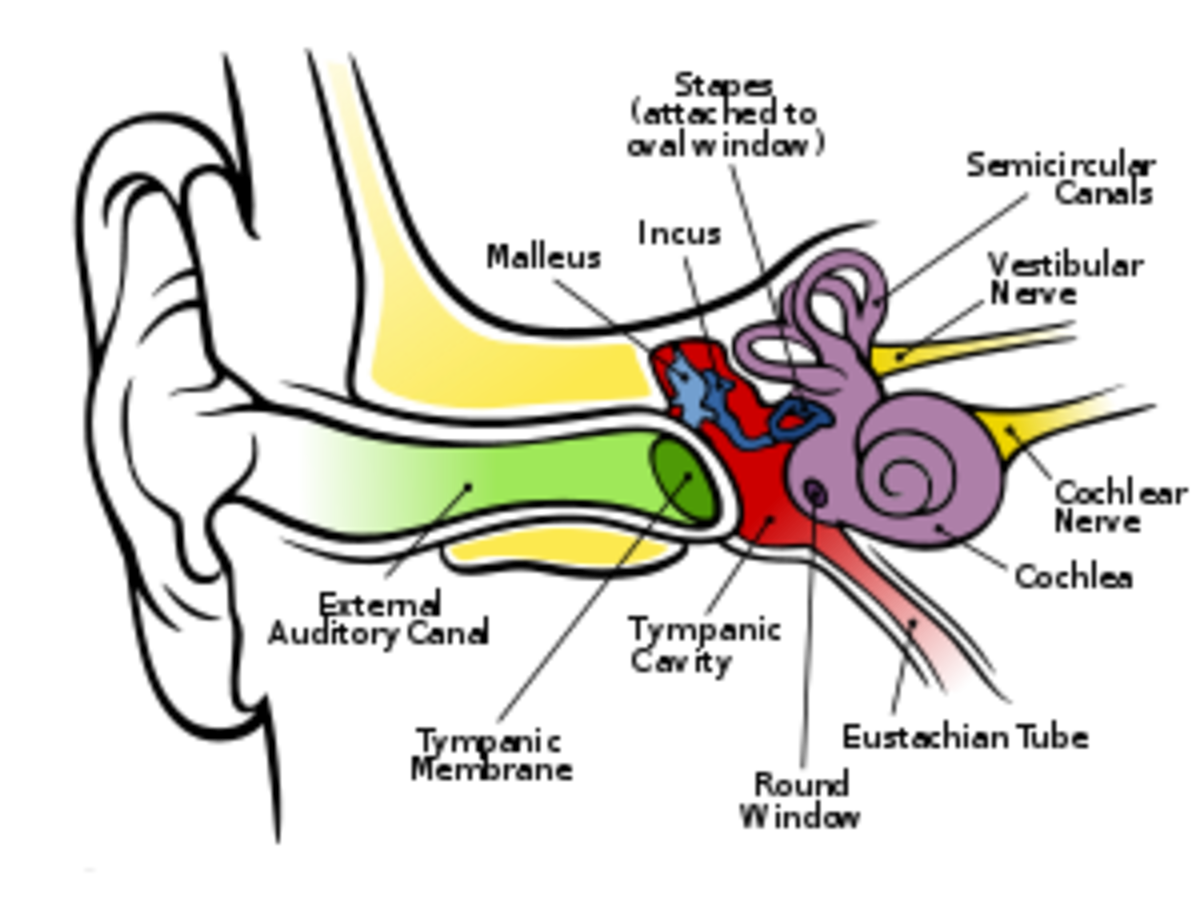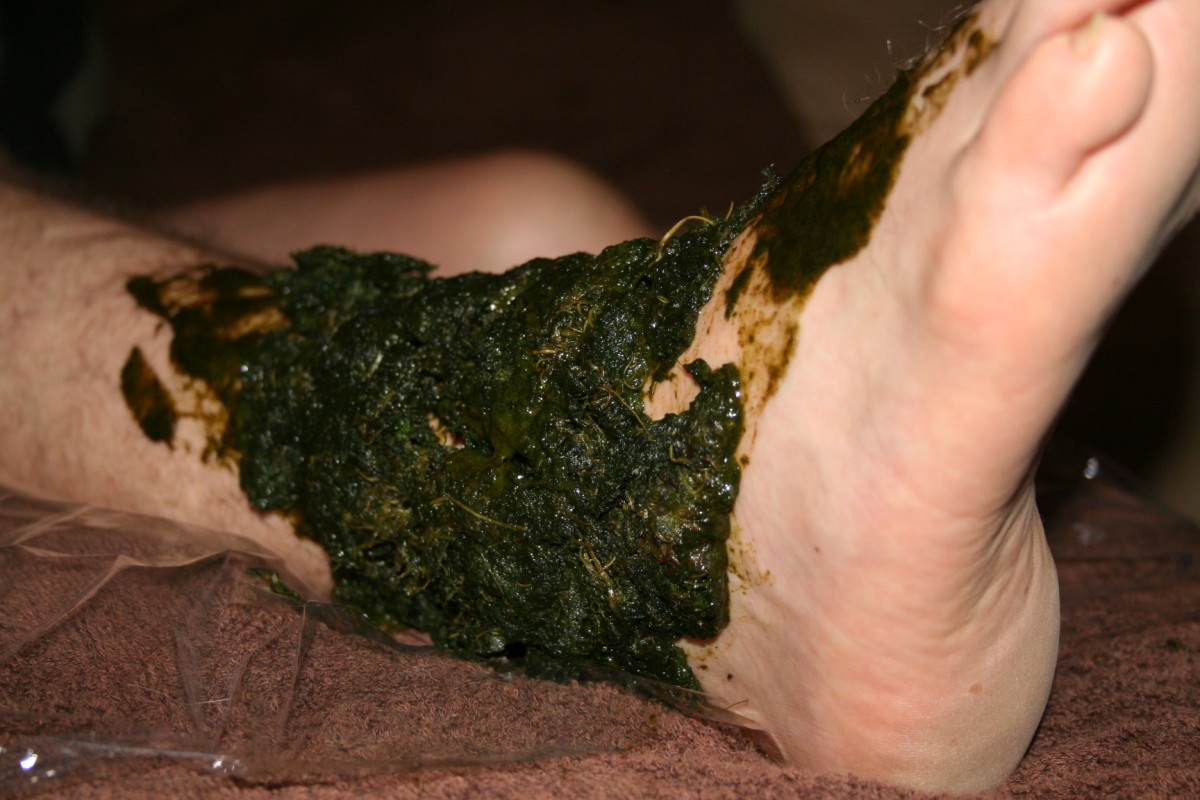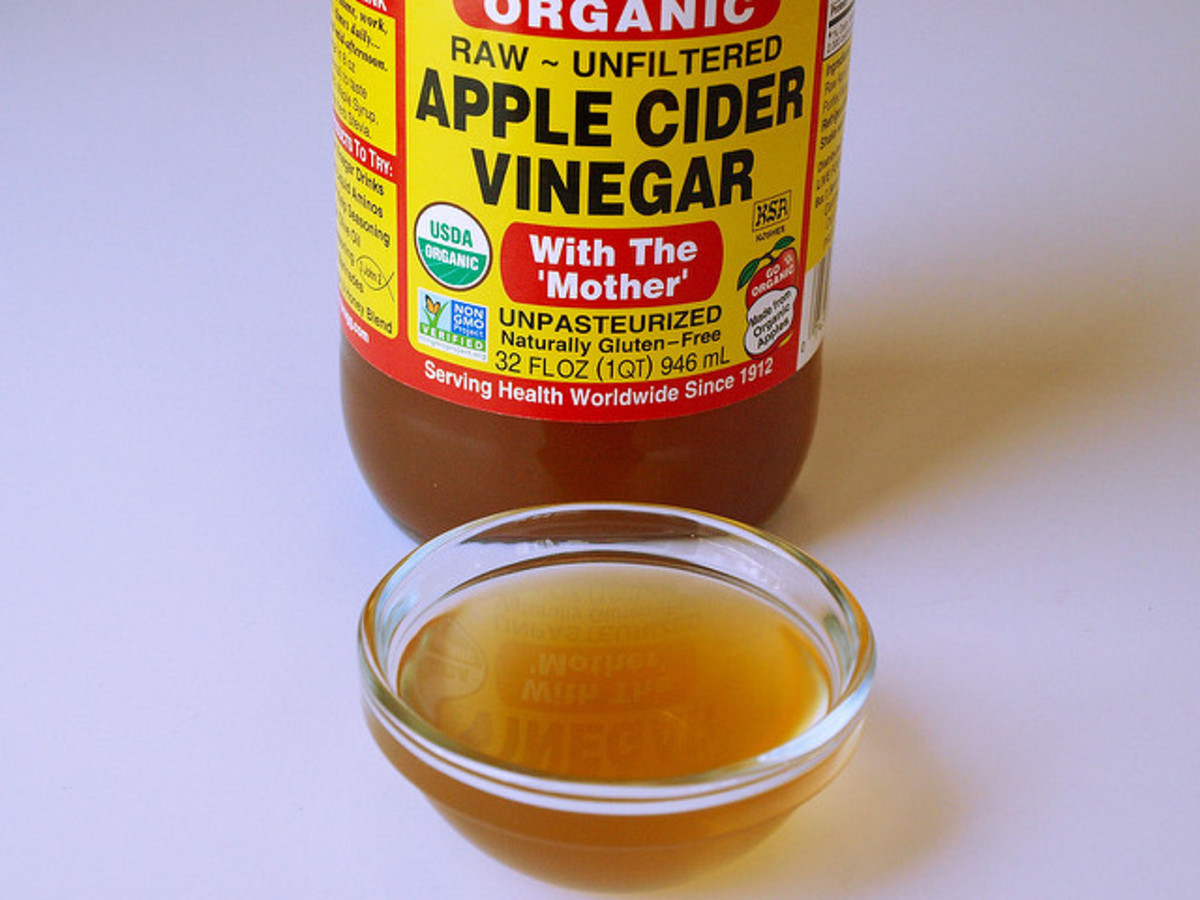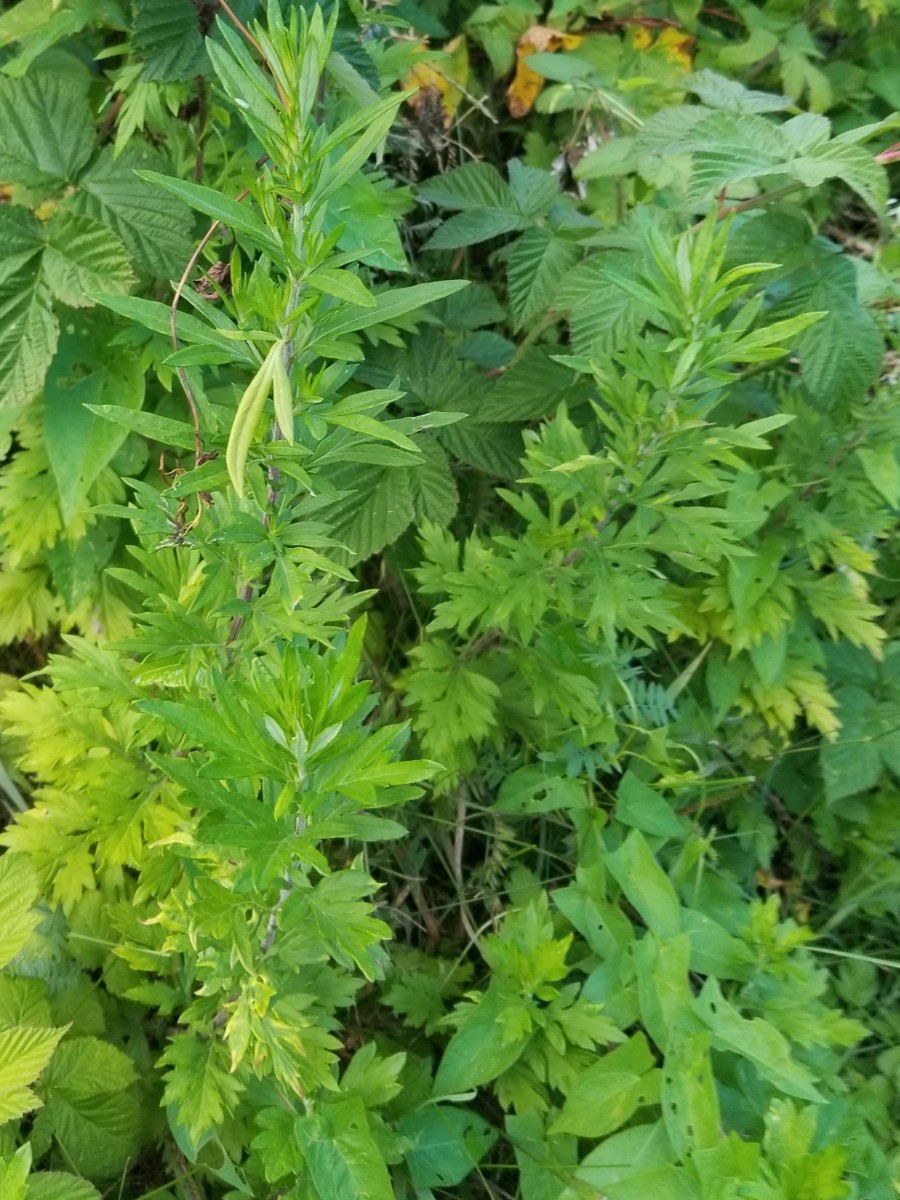Acne: Causes, Natural Remedies, Helpful Supplements : Vitamins, Minerals and Herb Extracts.

Acne
Acne is not just for teenagers! Unfortunately a high proportion of teenagers do suffer from this ailment, to varying degrees. There is still the view that 'junk food', with high levels of fat and sugars, has a major influence on the prevalence of teenage acne. It is now thought that it is more likely to be the high levels of iodine in these foods that are responsible.
It may be that it is more the foods that you do not eat, than the foods that you do eat, that cause a bad complexion and dull-looking skin. A diet consisting of fast foods, snacks, sweets and alcohol is likely to be lacking in the minerals and vitamins your body requires.
To minimise the effects of a poor diet, it should be supplemented by eating whole grains, fresh fruit and vegetables, lean meat and drinking plenty of water.

Types of Acne
It is not only teenagers that suffer from acne. Up to 8% of adults, who otherwise did not have acne in their youth, develop it in adulthood.
Acne manifests itself as spots and skin eruptions. It can be a chronic condition of the face, back, chest, neck, shoulders and other areas of the body.
The most common form is acne vulgaris. This form causes blackheads, whiteheads and reddish blemishes with hard centres to occur. Cystic acne is the most severe form. Here the skin surface is characterized by the appearance of groups of fluid-filled cysts and lumps which appear below the skin surface.
Both forms can lead to pitting and scarring, which is difficult to mask. This can be embarrassing and often leads to emotionally difficult situations, especially when teenage peers make fun of the condition.

Controlling Acne
There are, fortunately, a number of ways to control outbreaks, whenever they occur.
To alleviate some of the effects of acne you should eat plenty of fresh fruit and vegetables for beta-carotene and vitamin C. You should avoid, or at least limit your intake of, foods high in saturated fat and sugar, limit eating highly salted snacks and iodized salt, and limit kelp supplements.

What causes Acne?
When sebaceous glands secrete too much sebum, acne can occur. Sebum is a thick, oily substance. It is released from the pores, where hair follicles occur, to keep the skin lubricated and healthy. It carries dead cell debris away with it, which is a plus. However, overproduction can occur. If the excess sebum is not released, it can form hard plugs, or comedos, that block the pores and cause spots. These oil plugs can rupture. When this occurs, the bacteria normally present on the skin may cause a local bacterial infection to develop. The skin converts the mass into compounds that irritate and rupture small glands, causing inflammation and pustules.
Hormonal imbalances can lead to the overproduction of sebum. This is common in adolescent boys. For women, menstruation or pregnancy can also cause acne-producing hormonal changes. Other acne triggers include emotional stress, the friction or rubbing of clothing against the skin, and some medications such as steroids, contraceptives and drugs that affect hormone levels.
Acne may be hereditary, but common triggers are emotional stress, increased activity of sex hormones, and androgens. Androgens stimulate the oil glands. They are particularly active during puberty. Boys have higher levels of androgens than girls.
Caution!
You should consult your doctor if:
-
Acne does not respond to self-care within three months
-
If severe acne develops fluid-filled lumps, red or purple inflammation, cysts or hard nodules under the skin.
-
If skin is continually red and flushed, even if no spots actually appear.
Always consult your doctor BEFORE taking supplements.

Supplements that can help minimize the condition of Acne.
Be aware that you may already be eating an amount of each supplement in your daily intake of food. You must therefore take the dosages noted below as an overall intake for the day:
Vitamin B6 :
Dosage : 50mg in the morning
Warning : nerve damage can occur if your diet has long-term content of more than 200mg per day, as when treating chronic acne.
Dosage : twice-daily dose of 500mg
Warning : if diarrhoea develops then reduce the dose.
Vitamin E :
Dosage : daily dose of 400mg a day
Warning : if you are prescribed anticoagulant drugs then you must consult your doctor. before taking Vitamin E.
Selenium :
Dosage : daily dose of 200mcg
Warning : daily doses in excess of 1000mcg are toxic.
Zinc for Acne
Zinc :
Dosage : daily dose of 30mg
Warning : supplementing your diet with 30mg or more of zinc should be accompanied with a supplement of 2mg of copper.
Chasteberry (Vitex):
Dosage : daily dose of 40 drops of tincture (about ½ teaspoon), in a glass of water
Advice : may be useful for premenstrual acne.

How Supplements Help with Acne.
Trying all the supplements should benefit most sufferers, as they can be combined safely. You will not usually notice any results within the first three to four weeks, maybe longer. All of the above supplements can be used long term (with the proviso's stated in the warnings). They can also be used together with conventional acne medications.
Vitamin B6 can be useful for acne that is aggravated by menstruation or the menopause.
Vitamin C, Vitamin E and Selenium are useful in promoting a healthy immune system. This includes helping to keep acne-causing bacteria under control.
If zinc is taken with any (or all) of the vitamins, it too has a beneficial effect on the immune system, reducing inflammation and promoting stabilization of hormone levels. However, long-term usage of zinc has an effect on the absorption of copper, so, as noted above, a supplement of copper should be taken with any zinc supplementation of your diet. Zinc taken together with omega-3 essential fatty acids also helps to reduce inflammation (by balancing the intake of omega-3 and omega-6 fatty acids in our modern day diets). It has been found that zinc can produce results equal to those of tetracycline, but this is not universally acknowledged.
Chasteberry is used to help treat menstruation-related acne. Burdock, yellow dock, red clover and echinacea are also used for this form of acne.
A 5% solution of topical tea tree oil can be as good as a 5% benzoyl peroxide for drying up mild acne blemishes. Higher concentrations, up to 15%, may be used for severe conditions.
Fighting acne with natural supplements is especially useful for women of child-bearing age, as the prescription drug isotretinoin may cause birth defects.

What else to do to alleviate the worst effects of Acne.
-
Wash, using ordinary soap and water, on a daily basis
-
Eat a balanced diet and try to avoid those foods that you have noted as aggravating your condition.
-
Use non-comedogenic (oil-free) cosmetics – read the labels.
-
Avoid squeezing any spots. This increases inflammation and can cause scarring.
-
Avoid holding articles, such as phones, close to the skin in order to avoid additional causes of acne.
